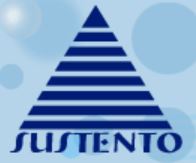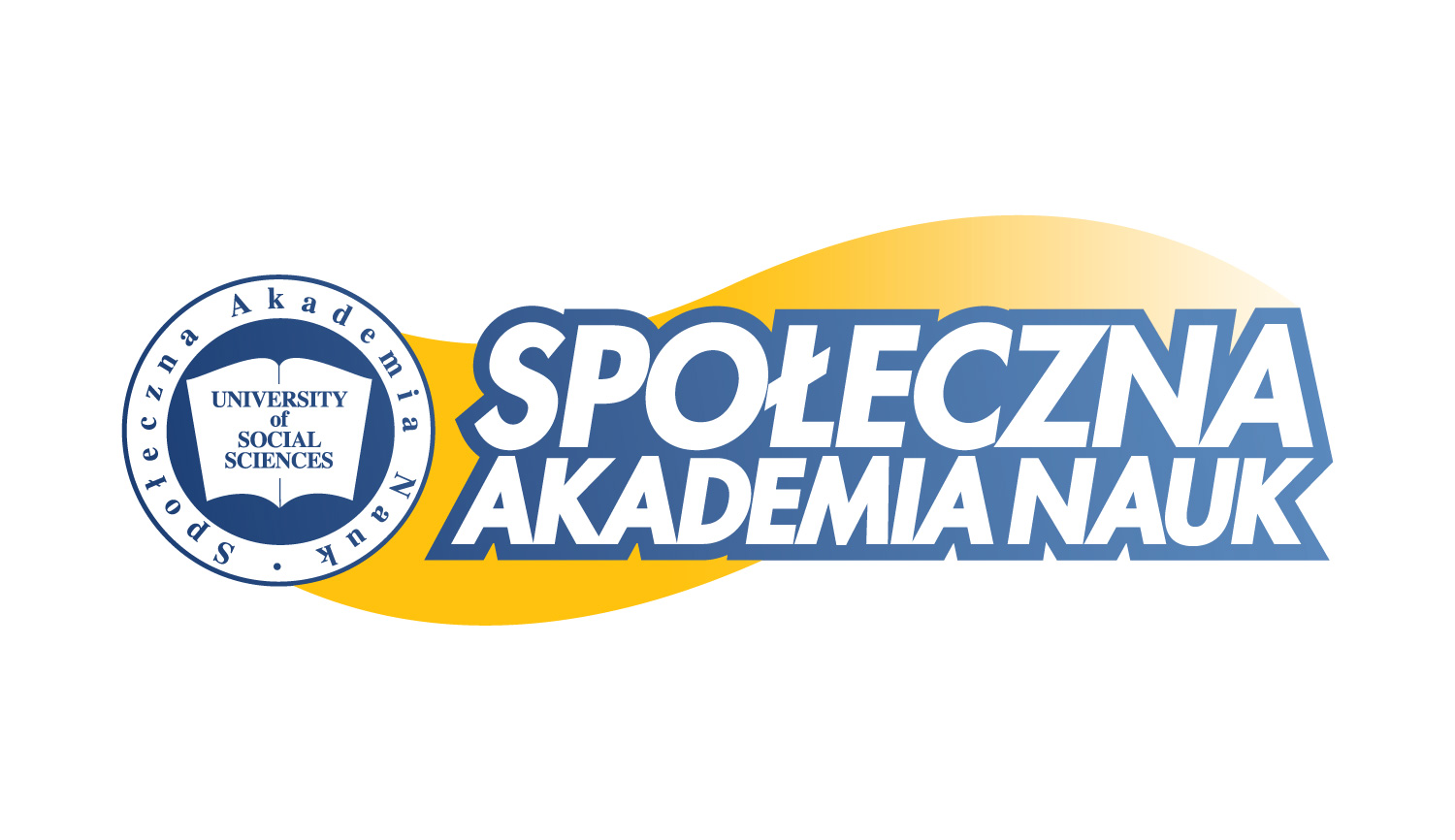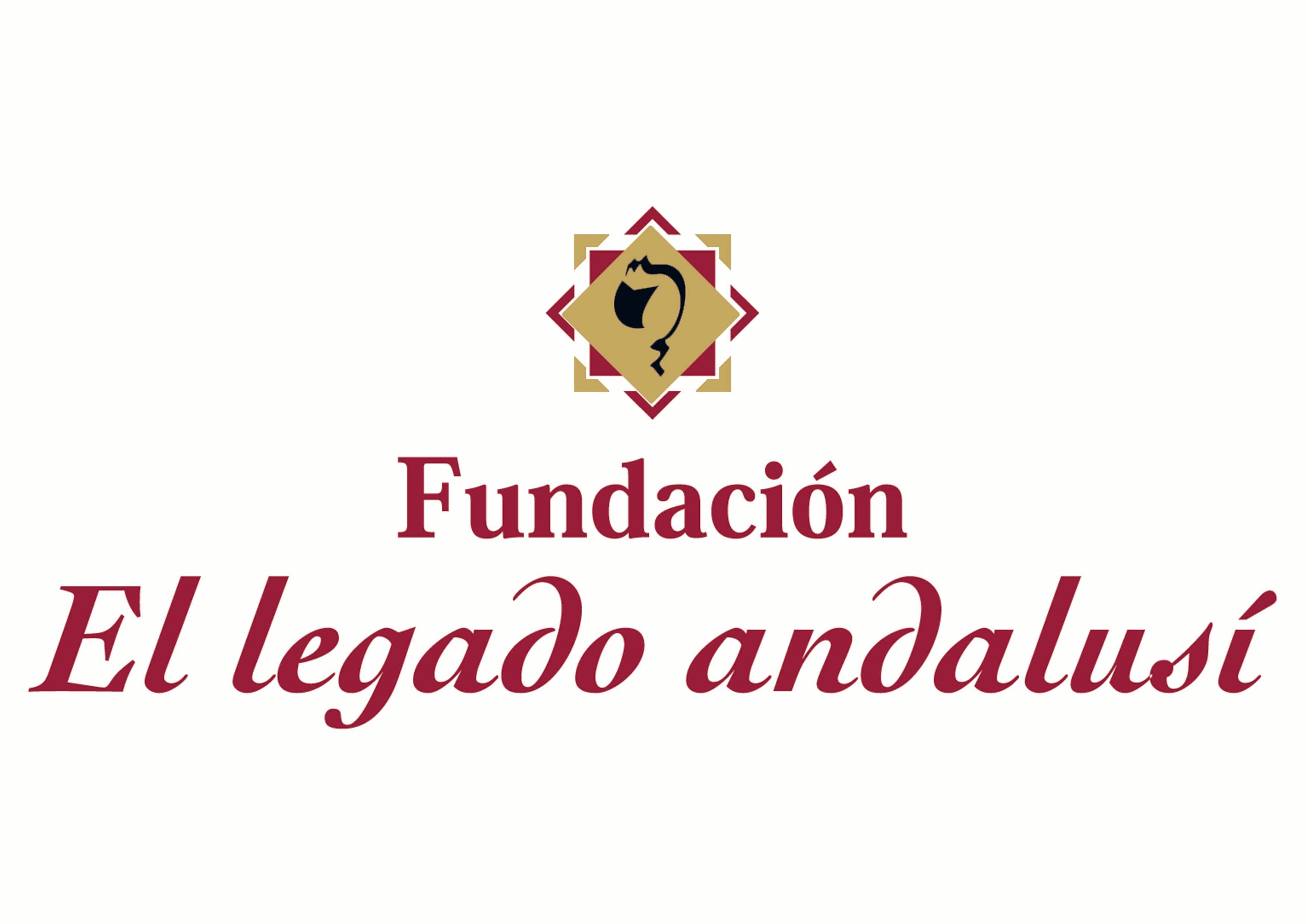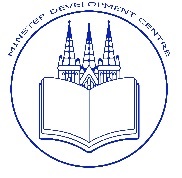T-Guide: Tourist Guides for People with Intellectual and Learning Difficulties in Europe
Share on social media
T-GuIDE is an initiative of nine organisations supported by the European Union’s Lifelong Learning Programme, ”Leonardo Da Vinci”. It addresses two of today’s major societal challenges in Europe: to increase opportunities in the job market and to increase social inclusion. The aim is to produce an EU training model and Manual for training Tourist Guides in guiding people who have learning difficulties or other intellectual impairments.
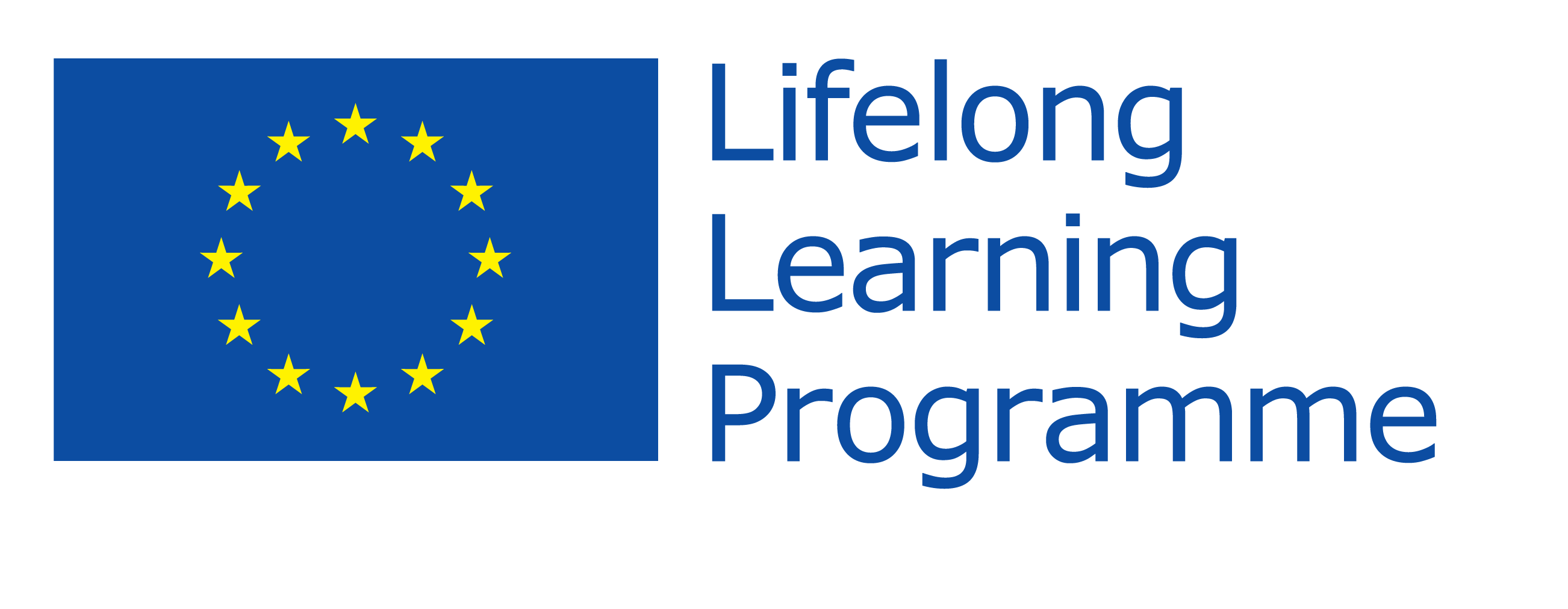 T-GuIDE is an initiative of nine organisations supported by the European Union’s Lifelong Learning Programme, ”Leonardo Da Vinci”.
T-GuIDE is an initiative of nine organisations supported by the European Union’s Lifelong Learning Programme, ”Leonardo Da Vinci”.
The initiative addresses two of today’s major societal challenges in Europe: to increase opportunities in the job market and to increase social inclusion.
The aim is to produce an EU training model and Manual for training Tourist Guides in guiding people who have learning difficulties or other intellectual impairments.
The EU is fighting increasing unemployment and the related strain on social inclusion as a consequence of the global financial crisis. The tourism industry, while showing signs of resiliance in some areas, is threatened by lower turnover and consequent threats to investment in training and innovation.
Many tourism destinations and businesses recognise that they must diversify and increase the quality of their products in order to reach new and wider markets. A re-orientation of the tourism sector is taking place with a focus on ”Accessible Tourism for All”, which aims to deliver safe, comfortable and enjoyable tourism experiences for the entire tourism market, including people with disabilities, seniors and others with specific access requirements. Here, tourism providers in all parts of the tourism service chain need targeted training to develop their skills, so that they can meet the particular needs of guests with learning difficulties or intellectual disabilities.
The main aim of T-GuIDE is to initiate an EU-wide discussion on tourist guiding for intellectually disabled and to build a common guide for training professional Tourist Guides, in terms of common principles, methodologies and recommendations to work on social inclusion, skills implementation and new job opportunities.
The idea
-
To give Tourist Guides an awareness of the requirements of persons with learning difficulties and intellectual impairments and to equip them with the skills to extend their guiding work to these groups of visitors, thus extending the offer of the tourism sector in Europe to a wider range of customers market;
-
To promote the integration of people with intellectual and learning difficulties in Europe by enabling them to enjoy tourism experiences by gaining a greater appreciation of the cultural heritage of Europe;
-
To enhance the role of the third sector - especially organisations of people with disabilities and their familes – in developing learning programmes and tools for professionals in the tourism industry, in order to enable the delivery of higher quality tourism products which meet the needs of all customers, including those with disabilties.
On behalf of the European Federation of Tourist Guide Associations (FEG), one of the nine partners in the T-GuiDE project, the Executive Officer & FEG European Tourist Guide Trainer, Efi Kalamboukidou notes: "The T-GuiDE project is a great opportunity for us, the qualified tourist guides across Europe, to develop new skills in guiding people with intellectual disability and learning difficulties to the cultural and natural heritage of the countries we are qualified to guide in. It is always a challenge to try something new in our work as guides, to explore more fields of employment and innovation and at the same time to follow the guidelines of the established CEN European Standard EN15565:2008 for the training of tourist guides in Europe. I'm certain it will be a very interesting and fruitful project co-operation, as many esteemed partners are involved in it".
Carolin Gosch, of Lebenshilfe GUV, Austria, another partner adds: “The Lebenshilfe GUV has been working for many years on the aim to support people with intellectual disabilities in participating in social life. Inclusion means for us that people with intellectual disabilities can also participate in leisure, education and culture. From our perspectives, T-GuIDE is an excellent project for the tourism sector and tourist guides to raise awareness on the needs of people with intellectual disabilities and to enable people with intellectual disabilities to participate in this interesting and exciting part of life.”
Main T-GuIDE outputs include:
-
A discussion document on methodologies for tourist inclusion of intellectually disabled people;
-
Draft T-GuIDE Manual with good practices and methodologies for intellectually disabled;
-
Training of 18 tourist guides in the EU, using the Draft T-GuIDE Manual (test and refine);
-
An EU training model and T-GUIDE Manual (final version);
-
A framework of skills for training and skills assessment of “T-GuIDEs” at EU level;
-
A Trial of a Tourist Itinerary for intellectually disabled.
Expected impact
-
18 tourist guides trained from 8 EU countries;
-
200-300 tourist guides will pre-survey the T-GuIDE Model;
-
60.000 tourist guides and 2000 intellectually disabled reached by project dissemination;
-
200 non-governmental and business stakeholders in accessible tourism worldwide wil be informed about the project results;
-
10-15 intellectually disabled visitors will take part in the test version of a guided tourist itinerary trial.
The frame of action
-
Tourists: extending the economic and cultural field in Europe
-
Tourist Guides: developing job profiles with “New Skills for New Jobs”, as the main target
-
People with Intellectual and Learning Difficulties: the final beneficiaries of the training
-
In Europe: reaching tourism professionals in Member States of the European Union – the “political dimension”.
The Consortium
The T-GuIDE consortium is made up of nine organisations, including small enterprises, non-governmental organisations and non-profit organisations, vocational and educational training providers, foundations and European networks.
|
Austria |
|
LEBENSHILFE-GUV |
|
Belgium |
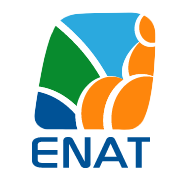 |
European Network for Accessible Tourism asbl. |
|
France |
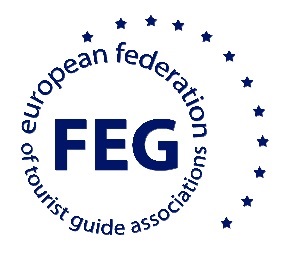 |
European Federation of Tourist Guide Associations
|
|
Italy |
 |
ASIS - Consorzio Cooperative Sociali |
|
Latvia |
|
The Latvian Umbrella Body for Disability Organisations
|
|
Poland |
|
Społeczna Akademia Nauk w Łodzi |
|
Spain |
|
Fundación Pública Andaluza El Legado Andalusí
|
|
Spain |
|
Instituto de Formación Integral, S.L.U. |
|
United Kingdom |
|
Minster Development Centre Ltd. |
Contact details
Mr. Lorenzo Scirocco, Coordinator,
ASIS - Consorzio Cooperative Sociali
Email: lorenzo.scirocco@consorzioasis.it
Tel. +39 081 292481
 EU legal disclaimer: This project has been funded with support from the European Commission. This communication reflects only the views the authors, and the Commission cannot be held responsible for any use which may be made of the information contained herein.
EU legal disclaimer: This project has been funded with support from the European Commission. This communication reflects only the views the authors, and the Commission cannot be held responsible for any use which may be made of the information contained herein.


